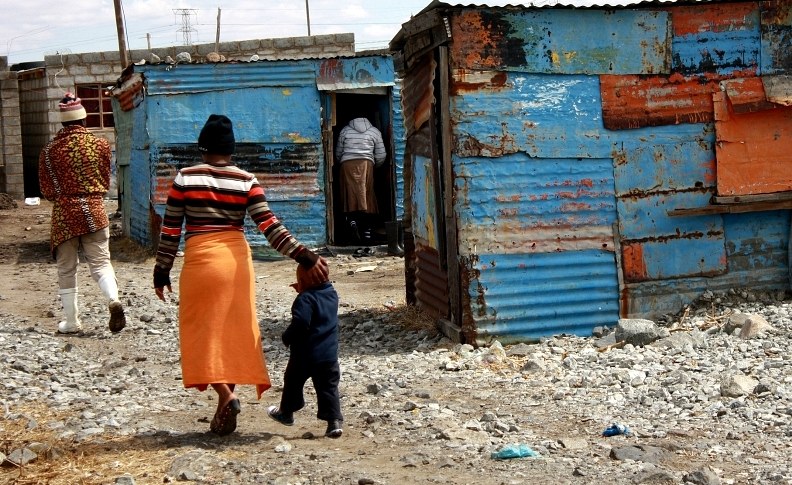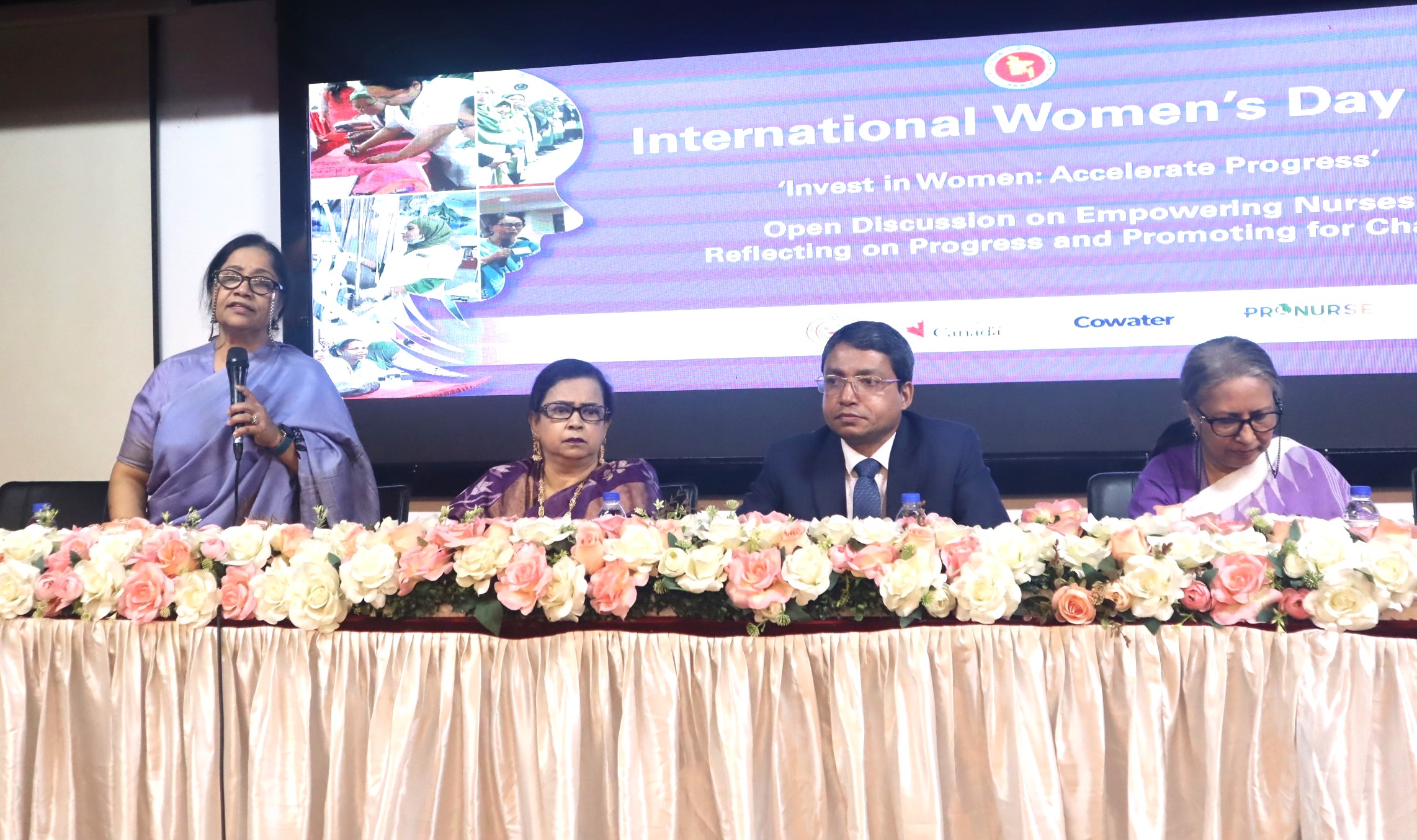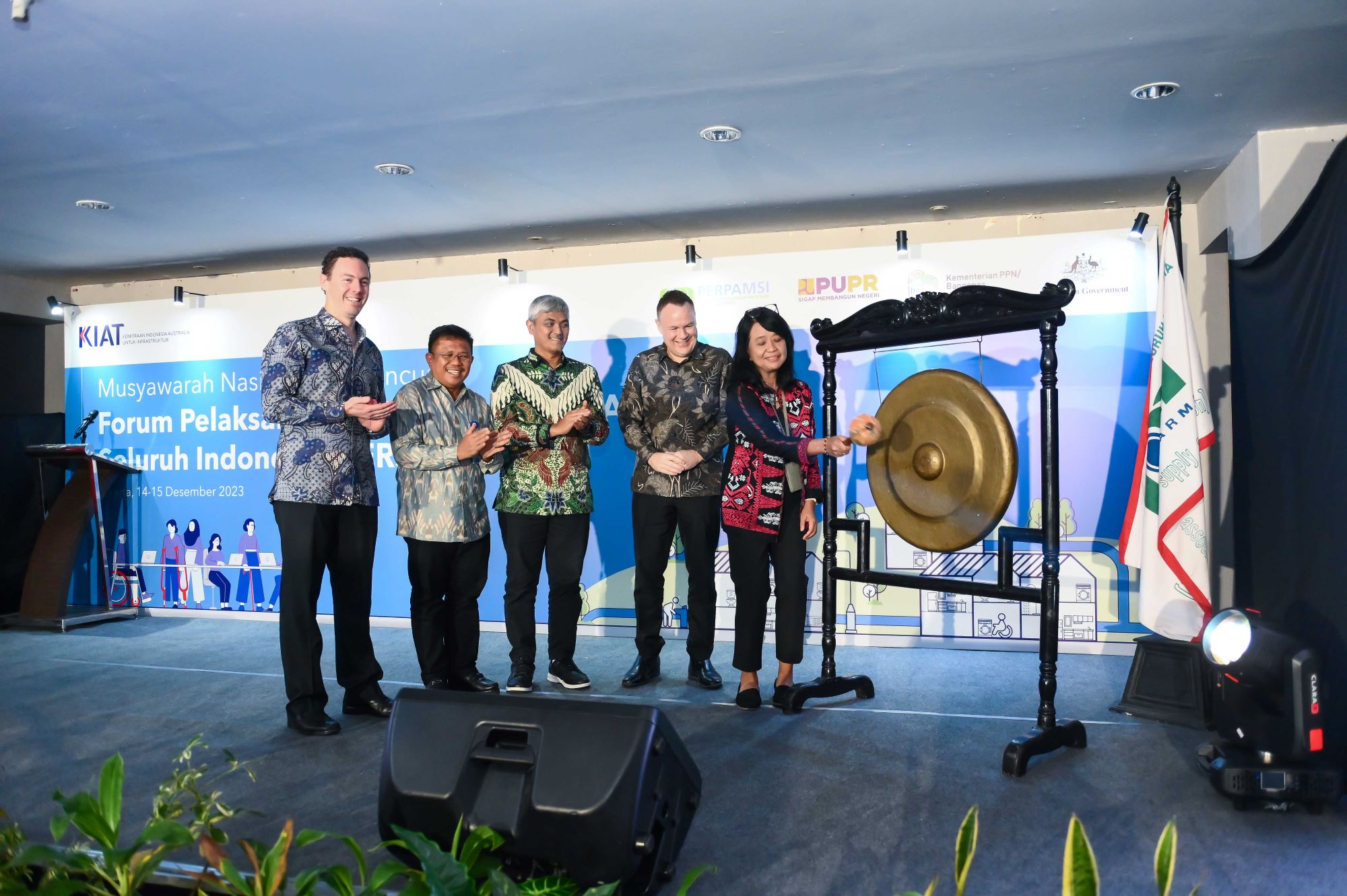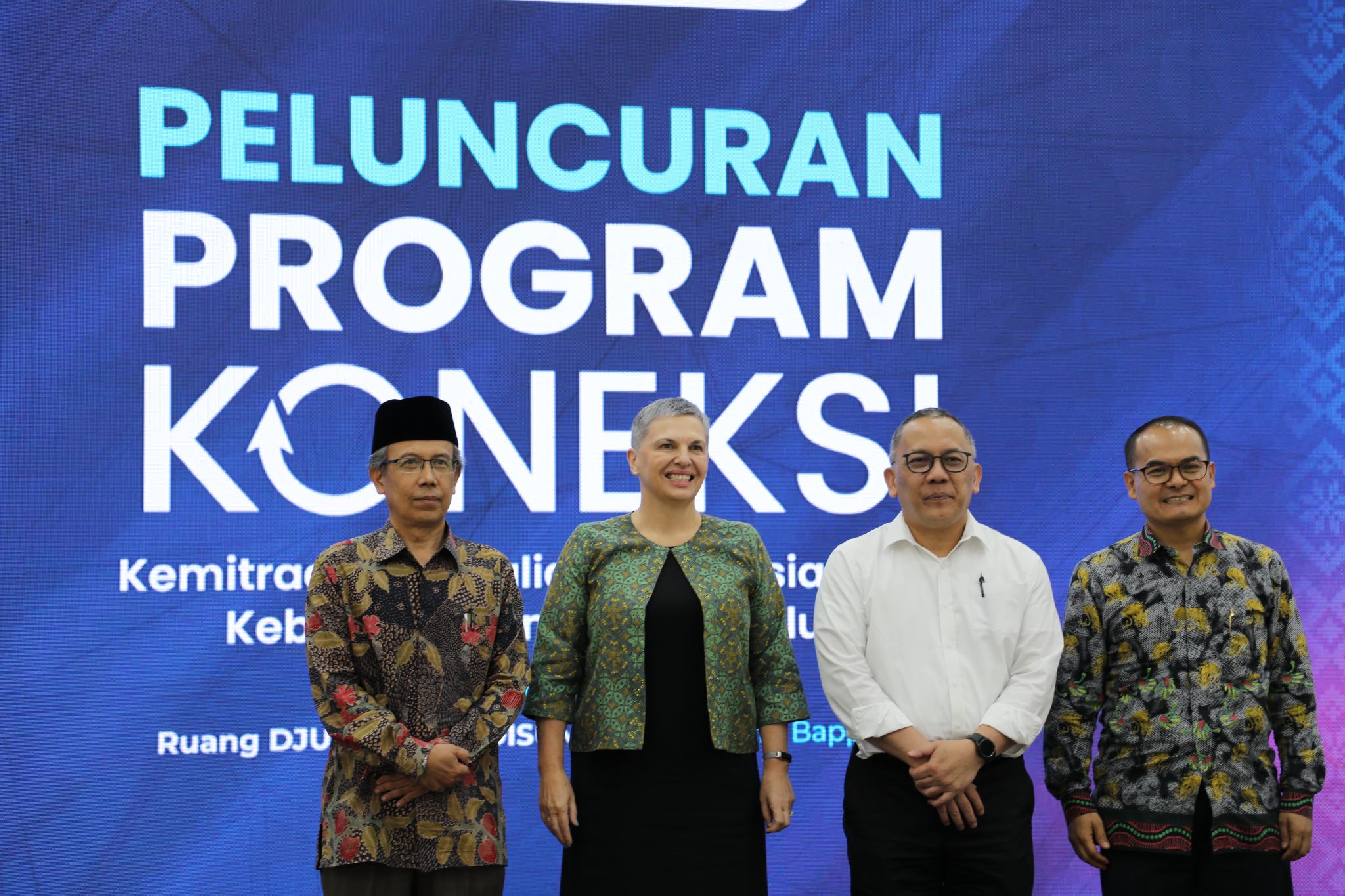
Gender Responsive Budgeting
Introduction
Cowater has a long history of promoting good governance and accountability in the countries in which we work by building public institutions that are responsive, equitable, inclusive, accountable, transparent, participatory, and efficient. We have seen that while all citizens are affected by bad governance, the cost of such failures falls most heavily on the poor, and on women and girls in particular.
In Iraq, for instance, women and girls have been subject to devastating human rights abuses, including extreme sexual violence, in the aftermath of ISIS’s seizure of large swathes of the country, especially areas with weak governance institutions. Now, while ISIS has been defeated, most survivors of such violence are unable to access the basic social services that they desperately need in order to cope with associated trauma and begin to rebuild their lives. Another example stems from Pakistan’s Khyber Pakhtunkhwa province, where substantial obstacles exist for women to participate in the management of community hospitals, schools and water points. This can make it difficult, for instance, for women to access proper healthcare treatment, with hospitals being built without private examination rooms or women-only toilets.
With these examples in mind, one of Cowater’s primary approaches to building inclusive public institutions and strengthening public services accessible and responsive to the differentiated needs of women and girls in particular is to leverage the power of the public purse. This White Paper therefore explores the role of gender-responsive budgeting (GRB) as a tool for women’s empowerment and gender equality in the developing world.
What is Gender Responsive Budgeting?
Government budgets reflect the social and economic priorities of governments and as such play an important role in addressing underlying inequalities through the allocation of public resources. GRB seeks to incorporate a gender equality perspective into the budgetary process to ensure an equitable allocation of resources based on the differentiated needs of women and men, girls and boys. Through the GRB process public officials can identify policies that are unfair to women or men, or marginalized groups, as well as new opportunities to invest public resources in initiatives promising to generate a high economic and social return through addressing underlying inequalities or barriers to women’s participation in public life or the economy. It is important to note, however, that this process does not involve developing separate budgets for women and men, nor does it necessarily mean a radical reform of existing budgetary procedures. With an increasing number of countries piloting GRB approaches, several case studies have emerged demonstrating that changes in budgets and policies that are more oriented towards gender equality can improve accountability and women and girls’ access to quality services.[1]
GRB in Practice
Cowater had the privilege of implementing two recently completed projects funded by the Government of Canada through which GRB was introduced as a tool for improving gender responsive service delivery: the Better Approaches to Service Provision through Increased Capacities in Sulawesi (BASICS) project in Indonesia, and the Policy Leadership and Advocacy for Gender Equality in Bangladesh (PLAGE) project in Bangladesh.
BASICS sought to introduce more responsive, gender-equitable social service delivery in the health and education sector by strengthening the capacity of the local government to conduct gender responsive planning, budgeting and monitoring. For instance, in Indonesia, our teams provided technical assistance to local government partners to develop a sex disaggregated data base, which contains data collected and analysed separately on men and women; and developed manuals, guidelines, and provided training for government officers on how to analyze, plan, and develop budgets from a gender perspective. By investing in these efforts, the provinces of North Sulawesi and Southeast Sulawesi in central Indonesia were able to more effectively allocate resources based on social and gender dimensions, which led to a significant reduction in maternal and infant mortality in most districts and cities where the project was active as well as increases in net primary school enrolment rates.
Meanwhile in Bangladesh, our PLAGE team worked to integrate gender equality principles into planning, budgeting and monitoring processes and systems within the Government of Bangladesh in a comprehensive manner. For instance, we worked with partner ministries to enhance the availability of sex-disaggregated data; supported the General Economics Division to integrate gender analysis into their medium and long-term budget plans; integrated gender responsive planning and budgeting concepts into the curricula of government training institutes; and provided training to the Ministry of Finance and various line ministries on how to integrate gender and poverty commitments into their budgets. As a result of these efforts, significant advances were made by the Government of Bangladesh in closing gender gaps and addressing women’s advancement. These included contributing to Bangladesh’s improved ranking on the World Economic Forum Gender Gap Index, which increased from 91 out of 115 countries at the beginning of the project to 69 out of 135 countries at the end of the project. These achievements point to an overall trend of greater commitment by the Government of Bangladesh to targeting resources to reduce gender gaps and more effective use of those resources, of which PLAGE played an important role.
As the Government of Canada’s implementing partner for these two projects, we were able to capture several key success factors that should be considered for future initiatives working to implement gender responsive planning and budgeting. First, we found that it is virtually impossible to plan and budget for the provision of inclusive social services in the absence of good quality data. Poor quality data, and lack of sufficient attention to improve its collection, management, analysis and application, drastically undermines a government’s ability to implement effective gender responsive planning and budgeting practices that achieve their intended goals. Efforts to improve data management and use are therefore a critical priority and prerequisite for any efforts to introduce GRB. In this light, future development initiatives should thus “front-load” data improvement efforts as a critical foundation for sustainable capacity building in this area.
Second, although efforts and resources dedicated to strengthening the capacity of local governments to utilize GRB as a tool for more inclusive health and basic education services are very much required, they are not sufficient in and of themselves. Efforts to improve demand for better services by the public, and thereby increased public sector accountability, are also required in order to accelerate the rate of positive change needed to effect sustainable service improvements. Examples of such complementary activities aimed to improve citizen demand for services include citizen journalism, citizen report cards, participatory service audits, and town hall meetings, all of which need to be gender-responsive and inclusive to ensure the participation of the most marginalized.
Third, the BASICS project reinforced the point that improved service delivery cannot be achieved if there is not parallel support (laws and budgets) and concerted technical and financial support from federal ministries. If gender responsive planning and budgeting is to be successfully introduced and institutionalized, the federal government – or in a decentralized context, the relevant provincial, state or territorial government – through its Ministry of Finance, needs to play a leading role in embracing GRB as a tool that both enhances gender equality and improves the budget process.
Finally, GRB also requires that respective line ministries, whether Health, Education or others, are able to take the lead in identifying gender-differentiated goals that fall within their area of responsibility and in developing program budgets required to achieve these goals. The BASICS experience revealed that for best results, local government budget teams and key members of the local legislature should be included in internal capacity building efforts in this regard.
Conclusion
Although recognized as only one tool for achieving gender equality and promoting women’s empowerment, GRB is a necessary one, as our experience has shown that the integration of gender considerations more fully into the public budgeting process can play an important role in improving public service delivery for the benefit of women and girls in particular. As a result, development efforts supporting the implementation of GRB in developing and emerging market countries should continue to be prioritized as an important element of the international community’s effort to achieve SDG 5. In doing so, we can best ensure that women and girls around the world can reach their full potential while living healthy and fulfilling lives.
[1] As noted by HRSDC’s 2013 research. http://www.gsdrc.org/publications/impact-of-gender-responsive-budgeting/
Related Content
ProNurse Project celebrates International Women’s Day 2024
This year’s International Women’s Day theme was “Invest in Women: Accelerate Progress”. To celebrate and raise awareness of the role of women in the nursing sector of Bangladesh, ProNurse Project […]
Integration of Gender Equality and Social Inclusion in Water Utilities in Indonesia
Since mid-2020, Australia has supported the Performance Based Grants (PBG) scheme for water utilities in Indonesia through the Indonesia Australia Partnership for Infrastructure (KIAT). On 15 December 2023, Cowater International, […]
KONEKSI: Indonesia-Australia Partnership for Inclusive Policy and Innovation
Deputy for Human, Community and Cultural Development of the Ministry of National Development Planning/Head of National Development Planning, Amich Alhumami; Chairman of National Research and Innovation Agency, Laksana Tri Handoko; […]







